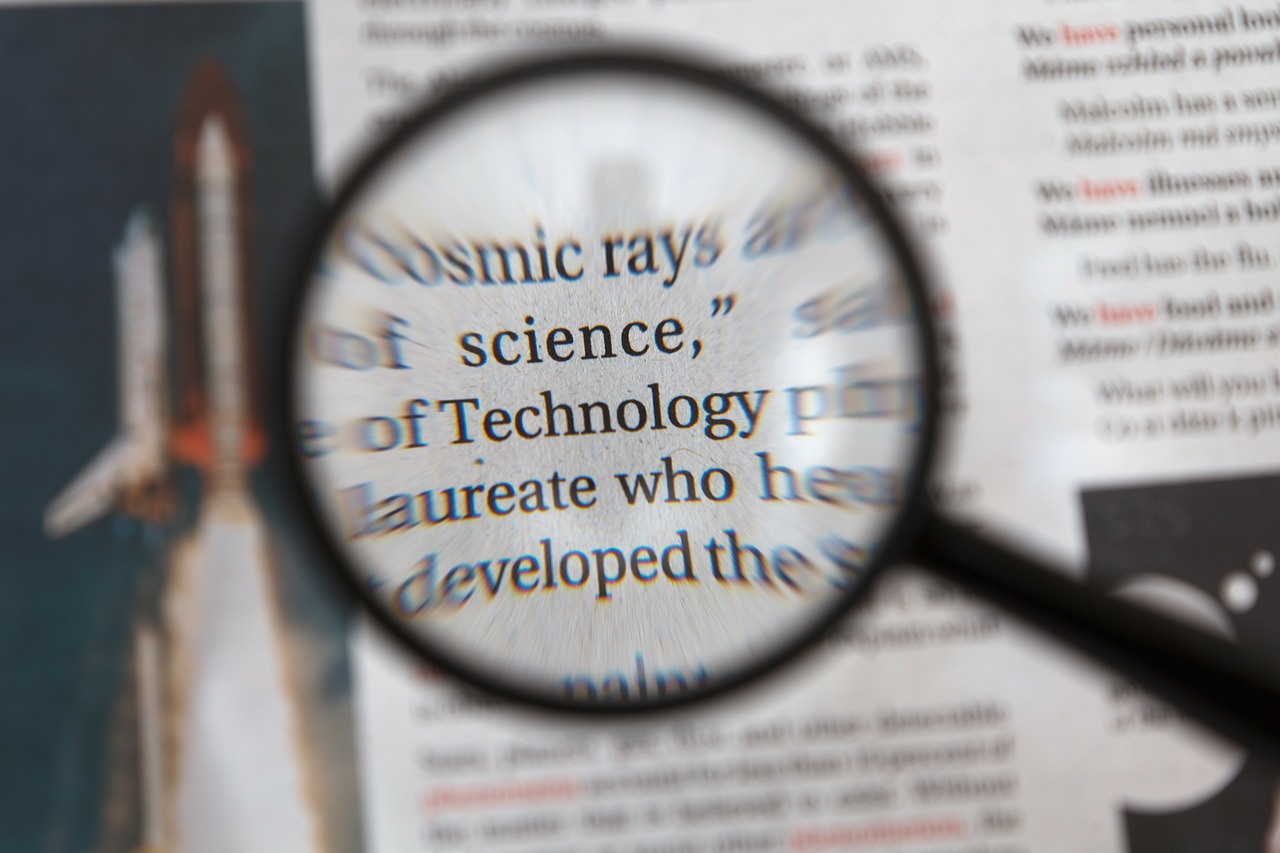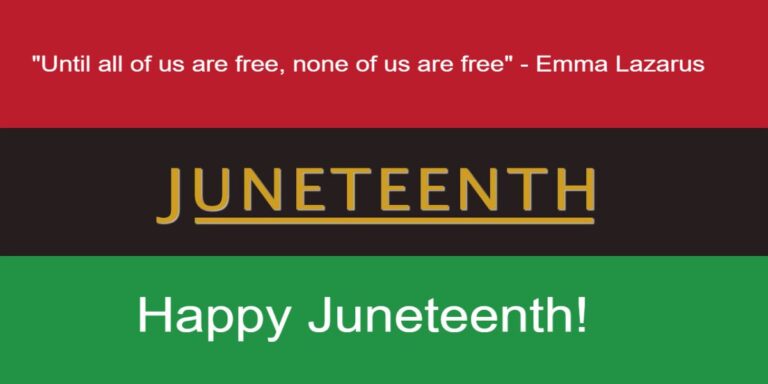How do you know what information to trust? Digital media spread obvious misinformation and reinforce prejudice. This was dangerous in the 2016 election, and in a pandemic it is actively deadly. Headlines are build to get clicks but clicking through doesn’t get us actual news. This description sounds like the laments on my FB feed:
The AP study described its participants as having fallen into a state of “learned helplessness”—so overwhelmed and unsatisfied with a flood of meaningless, mostly negative news updates that they merely clicked on headlines without intention, out of sheer boredom. The researchers depicted the participants as hungering for depth and background in their news diet, but finding instead a steady, shallow stream of updates.
Matt Thompson, “Beyond the Tyranny of the Recent”, in Page One, Inside the New York Times and the Future of Journalism.
We’ve fallen into the habit of clicking on headlines for entertaining emotional hits. That habit was harmless when limited to amusing cat videos. It’s much more dangerous when we’re searching for information that will tell us what will minimize our chances of coming into contact with a life-ending virus. The problem is that we tend to believe everything we read even when we know it’s not true.
I’m having this exact conversation with almost everyone I know. I doubt that every Facebook contributor will convert to critical thinking overnight. In this one area though it is becoming increasingly important to practice a good information diet. Just as we cut back on junk food and eat more vegetables, we can damp down the heart-accelerating headline sharing and share out real information. Harvard Health has particularly good advice about where to get real news. They recommend “major news outlets with deep expertise in health reporting, such as The New York Times, The Washington Post, and The Boston Globe’s STAT News.”
As a former newspaper reporter I’ll chime in here. The New York Times and the Washington Post are solidly established newspapers with vigorous editorial review. News aggregators like AP and Reuters pick up news reports which may or may not have been through editorial review. Any story you read from an aggregator needs to be confirmed by multiple sources, or you can check back with the Times and the Post for their story.
The world of science research is focused on the coronavirus right now. There is hard data. I see the same data echoed in multiple news outlets. Here’s the study from China that everyone is quoting right now, published in the peer-reviewed New England Journal of Medicine: Clinical characteristics of 2019 novel coronavirus infection in China.
The research aggregator medRxiv offers “pre-prints”, sober research that has not yet been peer reviewed and published. In fast moving situations like a pandemic this is a way to get developing information out fast. Here’s a particularly helpful study right now: How to improve adherence with quarantine: Rapid review of the evidence.
Another source of information is personal reports. This is where digital and social media shine. Doctors talk about equipment shortages and heart-wrenching decisions, young adults describe the devastating effect of living through the virus, and George Takei urges us all to swap out handshakes for “live long and prosper”.
One important function of news reporting is to analyze what we’re seeing. This is where the panic headline is particulalry dangerous. If you’re going to read one analyst, check out Trevor Bedford’s Twitter feed. He’s a scientist at Fred Hutchison in Seattle and has solid analysis. One thing he has said that I haven’t heard repeated is that people who have gotten the virus and recovered from it can then provide services. In about a month I will need a dentist, hairdresser and pet groomer in that category.
I know reading straight up research is not everyone’s idea of fun. If enough of us do it though we can help spread solid data and help us all make informed decisions.
Stay safe and well.


